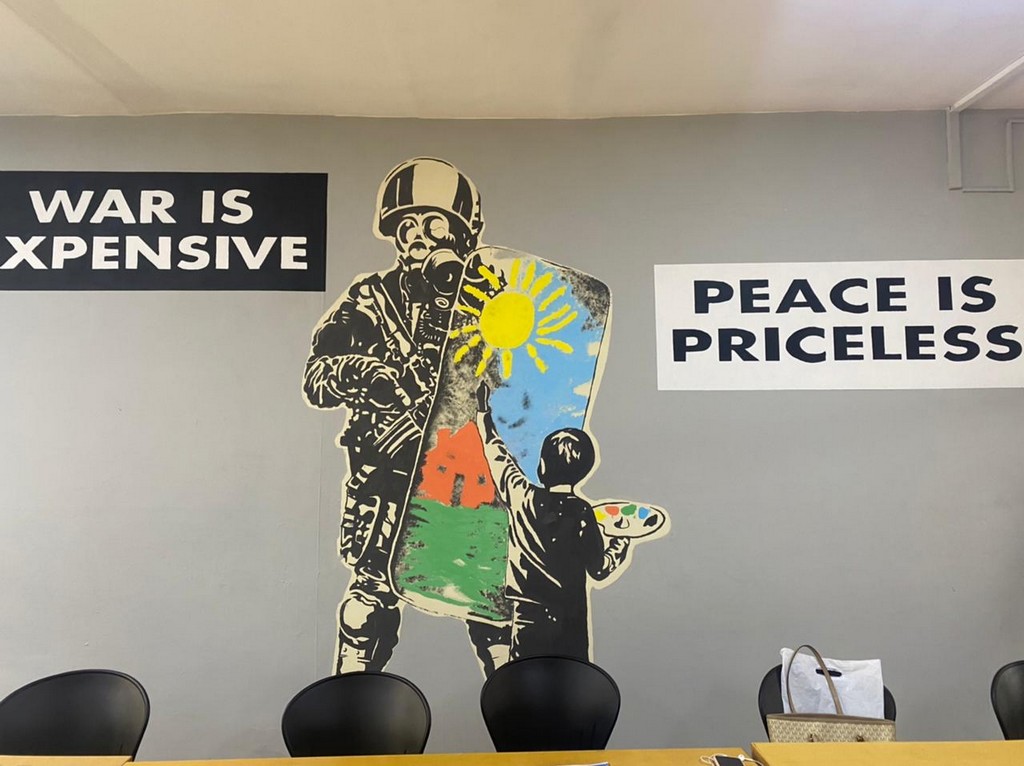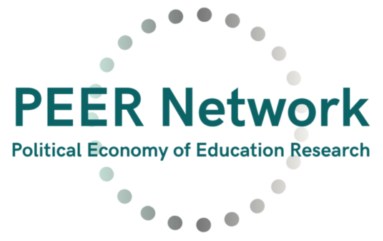
“War is expensive. peace is priceless”, mural at Salem Social Village, Kazakhstan
The history of NGOs in Kazakhstan goes back to the time of Perestroika when they were first established in association with the anti-nuclear movement, human rights and women’s initiatives. The number of local NGOs associated with education increased in the early 90s due to international funds available for various short education programmes in the form of seminars and trainings. Later, when active cooperation between state and the third sector was established, NGOs strengthened their role in the education sector by implementing various social programmes focusing on urgent country problems in education. These included original education programmes addressing issues like gender inequality, youth employment, high levels of poverty and raising rates of HIV/AIDS. They also focused on non-formal/informal education supporting reforms within secondary and higher education including teachers’ professional and youth skills development courses. Despite a long history of NGOs working within the education sector in Kazakhstan, there are only a limited number of literatures on it. No studies were found on the contribution of NGOs in relation to peacebuilding and social cohesion.

